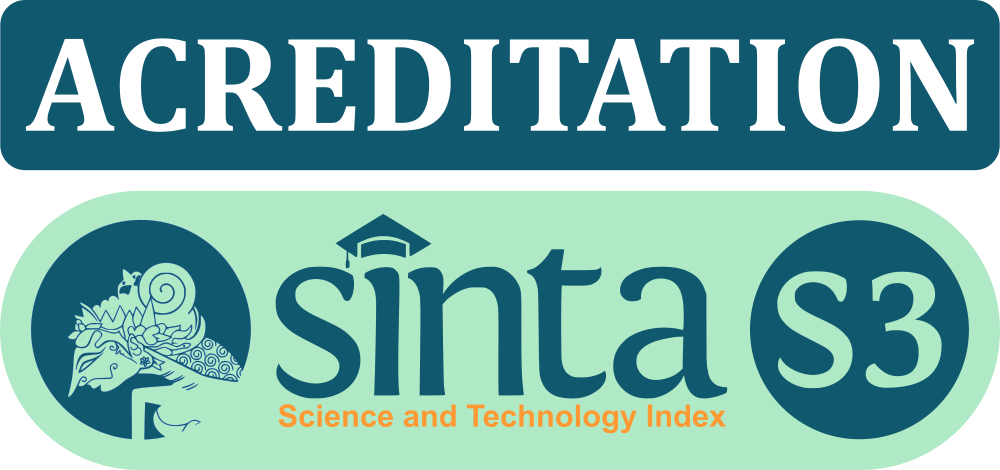EXHAUST TEMPERATURE ANALYSIS OF UAV PROPELLER MATERIALS
DOI:
https://doi.org/10.29122/mipi.v14i2.4036Keywords:
Exhaust, Temperature, UAV, Propeller, WoodAbstract
This paper presents an exhaust temperature analysis of a UAV Propeller Material to maintain the performance of the propulsion system during operation, especially in a long-range condition. A pusher Propeller experiences direct contact with heat from the exhaust gas. In this study, a Beechwood material with a protective layer of corrosion prevention is used as a propeller blade that works at a range of high temperatures. An experimental methodology was carried out to analyse the strength and propeller deformation. The results of this experimental study show that conservatively the propeller will be heated to 32.9°C. Since this is below the temperature limit, the exhaust gas to pusher propeller on UAV does not affect the propeller performance.
References
B. M. Madhusudhan and P. V. Srihari, "Design and analysis of Composite propeller Blade for aircraft." International Journal of Engineering Research and Applications 4.9, pp 79-82, 2014.
L. J. Markwardt, "Aircraft woods: their properties, selection, and characteristics." NACA Report No. 354, Reprint U.S. Department of Agriculture, Forest Products Laboratory, Report No. 1079, October, 1941.
D. Kocaefe, S. Poncsak, G. Dore, and R. Younsi, Effect of heat treatment on wettability of White Ash and Soft Maple by water. Holz Roh Werkst 66, 355-36. 2008.
M. Malia, C. A. Vinay, A. Chougulea, & S. Kadama, CFD Study Of Propeller Blade Temperature For Pusher Configured Turbo-Prop Engine. THERMACOMP2018, Indian Institute of Science, Bangalore, INDIA, July 9-11, 2018.
H. Martin,. Heat and mass transfer between impinging gas jets and solid surfaces. In Advances in heat transfer, Vol. 13, pp. 1-60. Elsevier, 1977.
R. J. Goldstein, K. A. Sobolik, W. S. Seol, Effect of Entrainment on the Heat Transfer to a Heated Circular Air Jet Impingement on a Flat Surface, Journal of Heat Transfer, 112, 608-11, 1990.
Downloads
Published
How to Cite
Issue
Section
License

This work is licensed under a Creative Commons Attribution-ShareAlike 4.0 International License.
Open Access Policy
MIPI provides immediate open access to its content on the principle that making research freely available to the public supports a greater global exchange of knowledge.
MIPI by BRIN is licensed under a Creative Commons Attribution-NonCommercial-ShareAlike 4.0 International License. Permissions beyond the scope of this license may be available at http://ejurnal.bppt.go.id/index.php/MIPI


















